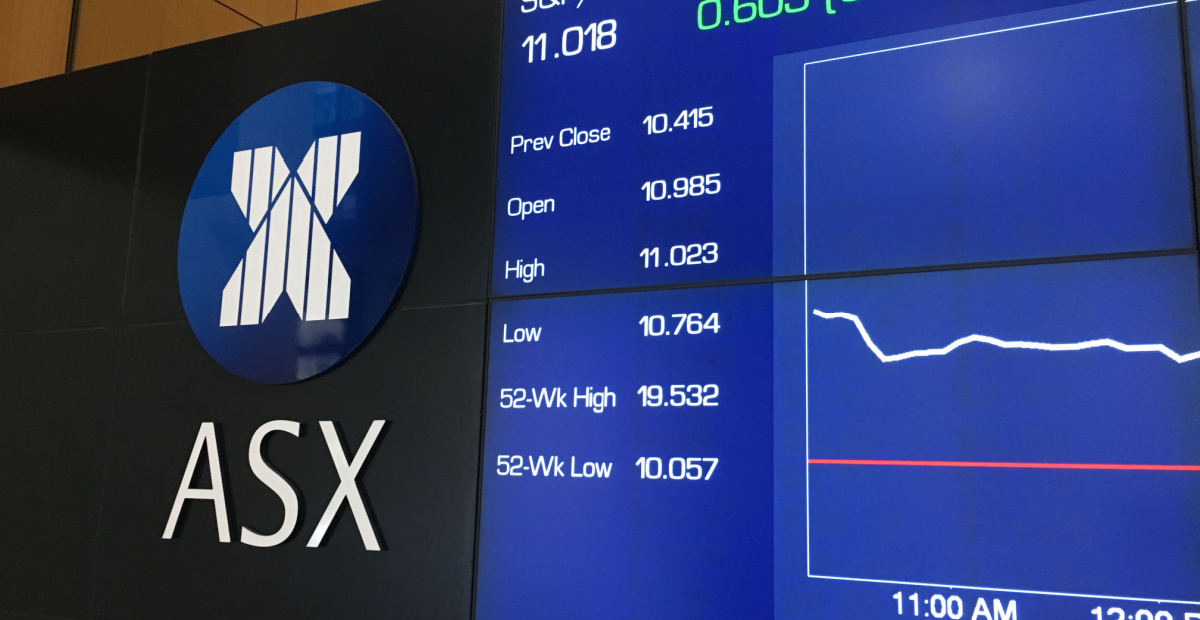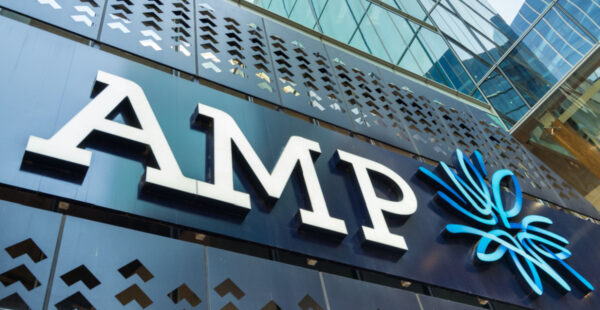A ‘foundational step’ forward: ASX picks Indian IT services giant to replace CHESS

After nearly a year of speculation and uncertainty, the Australian Securities Exchange (ASX) has settled on its CHESS replacement partner, selecting Indian IT services giant Tata Consultancy Services (TCS) to deploy its off-the-shelf clearing and settlements system, BaNCS.
The ASX announced it will engage in a staged rollout of TCS’s ‘BaNCS for Market Infrastructure’ solution – a modularised, cloud-first platform which Tata boasts can process millions of orders and trades and upwards of 100,000 online users concurrently.
“ASX considers that the chosen product will allow it to provide a reliable, supportable and scalable platform that meets the needs of the Australian market now and into the future,” the ASX wrote in its market announcement.
“It can satisfy the licence obligations of ASX Clear and ASX Settlement, and is capable of supporting potential new services and innovation from ASX and other providers.”
Backed by co-regulators the Australian Securities and Investment Commission (ASIC) and the Reserve Bank of Australia (RBA), the Exchange said it will now move to the next phase of a detailed design and implementation for its CHESS replacement project, with further stakeholder consultation to begin in the first quarter of 2024.
This will cover the release of a high-level project plan as well as an indicative release timeline, including details on the design, scope and timing for each release.
The new platform will be deployed in two separate phases, beginning, first, with the clearing service, which the ASX wants in place by 2026. The settlement function and sub-register will then follow, with both set to be deployed by 2028 at the earliest.
The Exchange has set aside between $105 million to $125 million “over multiple years” to support the clearing systems deployment. Estimates for the second phase of the project will, however, only be determined after the 2024 stakeholder consultation.
“This staged approach is expected to reduce overall delivery risk and should help manage impacts on industry stakeholders, as compared to a single cut-over approach,” the ASX wrote.
Accenture has also been enlisted as a solutions integrator for the second go CHESS replacement project, providing, the ASX said, “additional capability and capacity in technology project delivery and industry expertise”.
TCS’s BaNCS solution is currently in use within multiple markets globally, including Finland, South Africa, and New Zealand, with the system currently being implemented in Canada.
Long mooted for replacement, CHESS, or the Clearing House Electronic Subregister System, is the ASX’s now three-decade-old clearing and settlement system for securities trading.
CHESS overhaul now ‘back on track’
The ASX commended the TCS solution in particular for its scalability, noting it is able to support an initial minimum of 15 million trades each day, twice the current projected volume stress levels, and capacity to scale further to support market growth.
As well, BaNCS was noted for its modularised build, supporting the ASX’s goal of a staged implementation, and connectivity and interoperability with non-affiliated partners and alternative technologies, including distributed ledger and other emerging technologies.
The decision to proceed with TCS, the ASX confirmed, was made “following extensive evaluation of potential solutions options and product vendors”.
ASX managing director and chief executive Helen Lofthouse welcomed the input provided by the ASX’s Business Committee, the Technical Committee, and Advisory Group, formed in the middle of this year, which she said has been “crucial in supporting us to proceed towards an outcome that will best serve the whole market”.
Lofthouse added: “When we took the decision to reassess the CHESS replacement solution design, we wanted to select a solution that would serve the whole market, and to do that we needed extensive input from our customers and industry stakeholders.
“We significantly increased engagement during 2023 and the selected product, implementation approach and scope reflect discussion and feedback from various forums.”
ASIC, a co-regulator of the ASX with the Reserve Bank of Australia (RBA) and by extension the CHESS replacement program, welcomed the choice of TCS’s product-based solution as a “foundational step in getting the CHESS replacement program back on track”.
The original replacement program was beset by multiple delays, governance issues and concerns over untested architecture, with a decision late last year to dump the proposed blockchain-backed solution.
Speculation mounted in June this year that the ASX had selected NASDAQ to be its CHESS replacement partner, though this was quashed days later by Lofthouse.
The Advisory Group backed the ASX’s choice of the product-based and interoperable solution, which it said was “an appropriate option to support a safe and timely replacement of CHESS”.
To support the CHESS overhaul, the ASX said it will issue corporate bonds of between $200 million and $300 million.
The ASX will be required to issue a special report, to be externally audited by Ernst & Young, that covers the current portfolio, program and project management frameworks for the CHESS replacement.
ASIC chair Joe Longo welcomed the decision to deploy with TCS, but cautioned that there “is still a long way to go to deliver” on the promised CS overhaul.
“It will be critical for ASX to now focus on engaging with the market on the detailed design of the CHESS Replacement program with a realistic and achievable timeline for implementation.”











Mr Molino was never the member for Fraser in the ACT. The seat was renamed Fenner for the 2016 election…
Govts disastrous failures. 20 years of morons in Canberra and look at the results. Housing & Fin Advice two very…
The PHD in economics is the scariest. How many academics actually understand the real world
Money is leaving at a slower rate with this being considered by AMP management as a positive. Australia's Money Pit…
"Our recently launched digital advice solution for AMP Super members is providing simple, intuitive retirement advice at no extra cost.”…